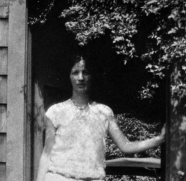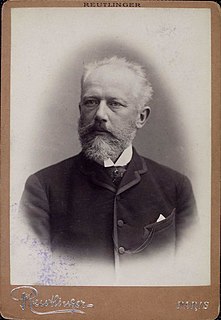A Quote by Louise Bogan
It is not possible, for a poet, writing in any language, to protect himself from the tragic elements in human life.... [ellipsis in source] Illness, old age, and death--subjects as ancient as humanity--these are the subjects that the poet must speak of very nearly from the first moment that he begins to speak.
Related Quotes
I haven't seen any poet in this country behave nearly as rudely as Newt Gingrich or Bill O'Reilly. I'm not asking these people to approve of everyone's manners. I don't feel obliged to defend the manners of every poet who submits a poem to my web site. That's not my job. My job is to provide them with an opportunity to speak from the heart. If there's not much in the heart and if the mouth is running wild, that's not my problem.
There is this tendency to think that if you could only find the magic way, then you could become a poet. "Tell me how to become a poet. Tell me what to do." . . . What makes you a poet is a gift for language, an ability to see into the heart of things, and an ability to deal with important unconscious material. When all these things come together, you're a poet. But there isn't one little gimmick that makes you a poet. There isn't any formula for it.
The Vedas give information on various subjects. They have come together and form one book. And in later times, when other subjects were separated from religion - when astronomy and astrology were taken out of religion - these subjects, being connected with the Vedas and being ancient, were considered very holy.
How can one express the indefinable sensations that one experiences while writing an instrumental composition that has no definite subject? It is a purely lyrical process. It is a musical confession of the soul, which unburdens itself through sounds just as a lyric poet expresses himself through poetry...As the poet Heine said, 'Where words leave off, music begins.'







































